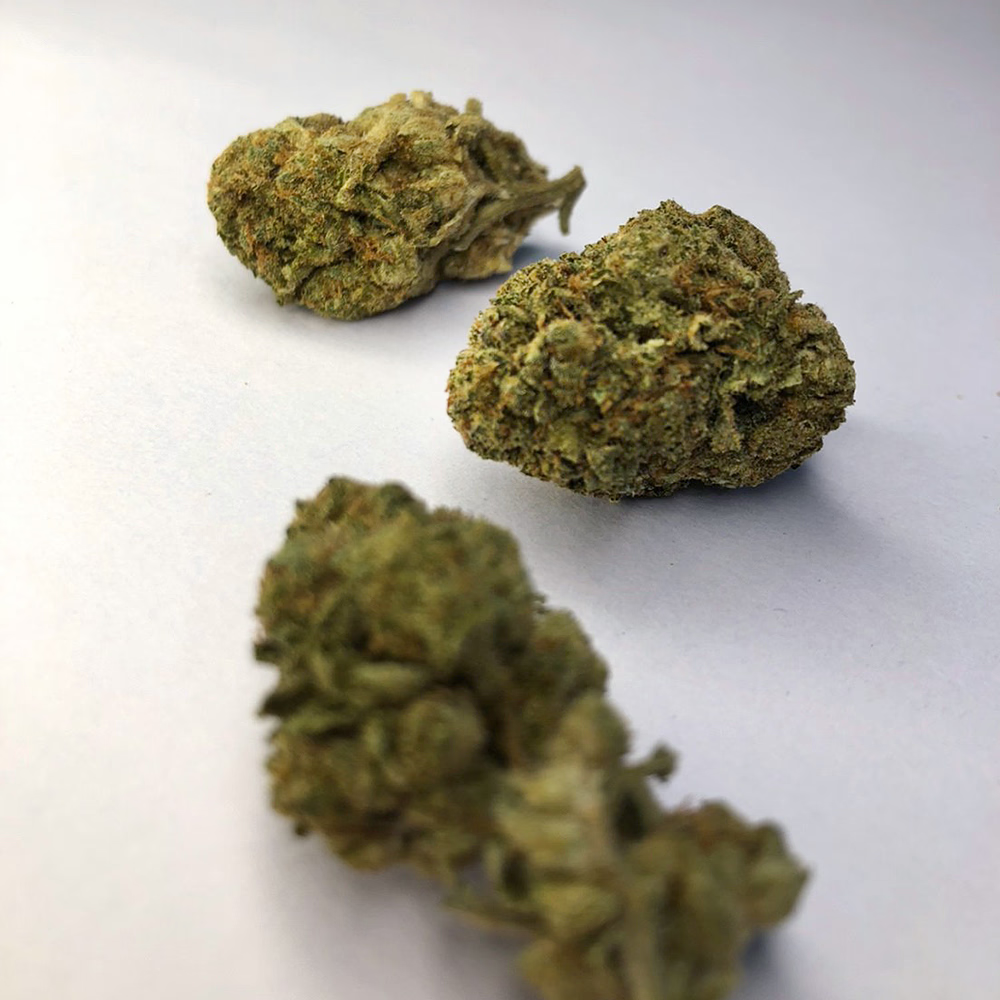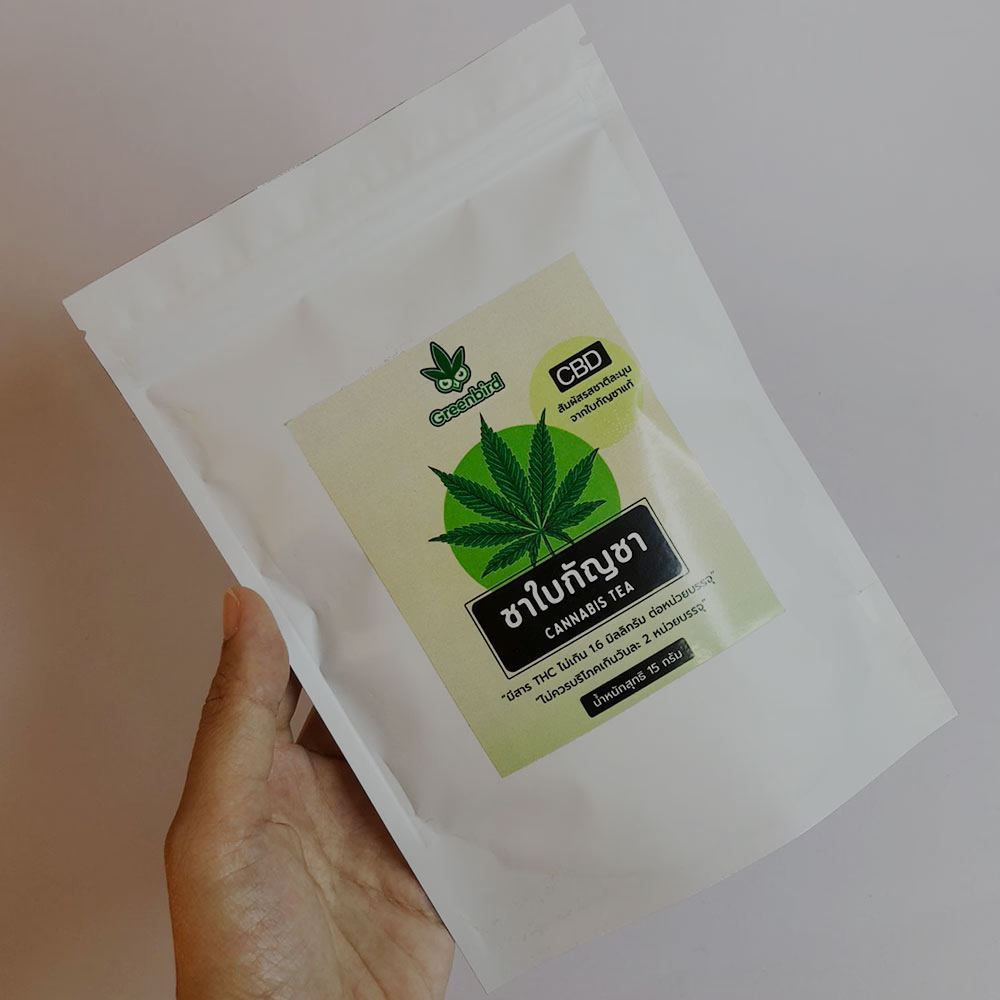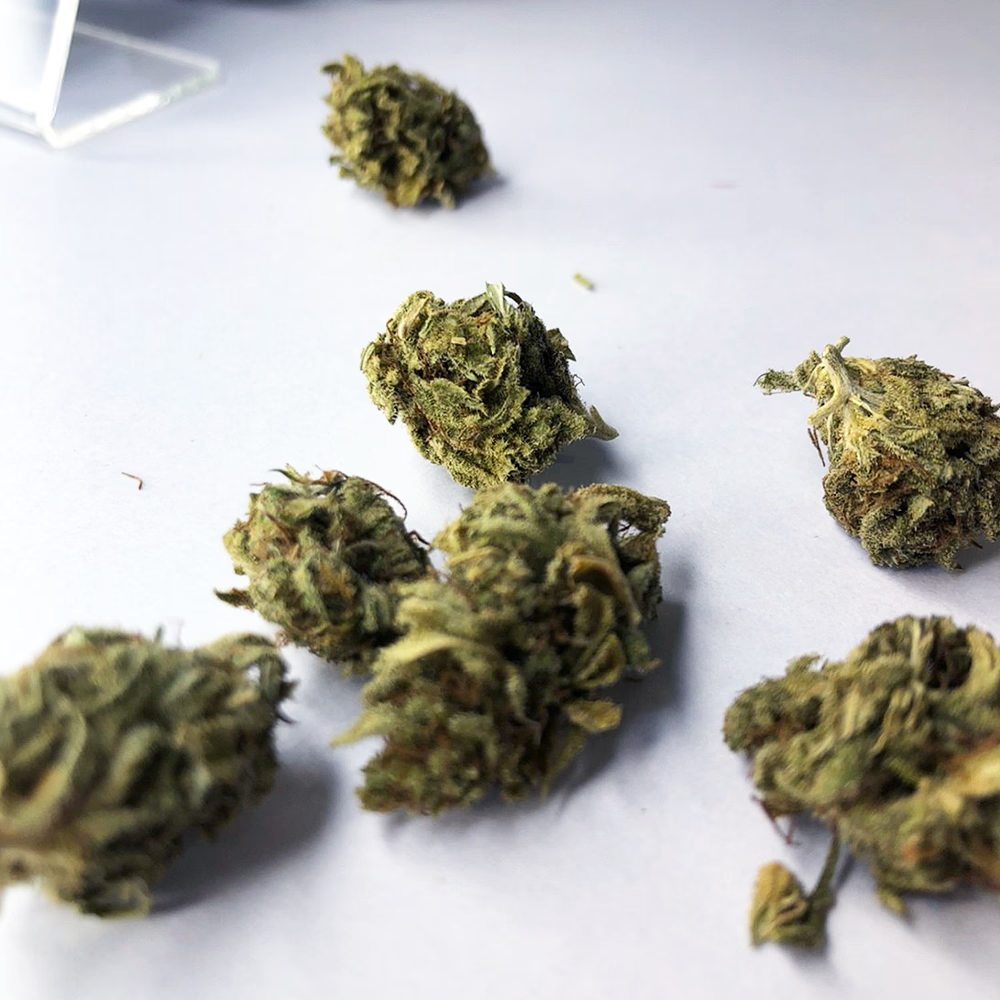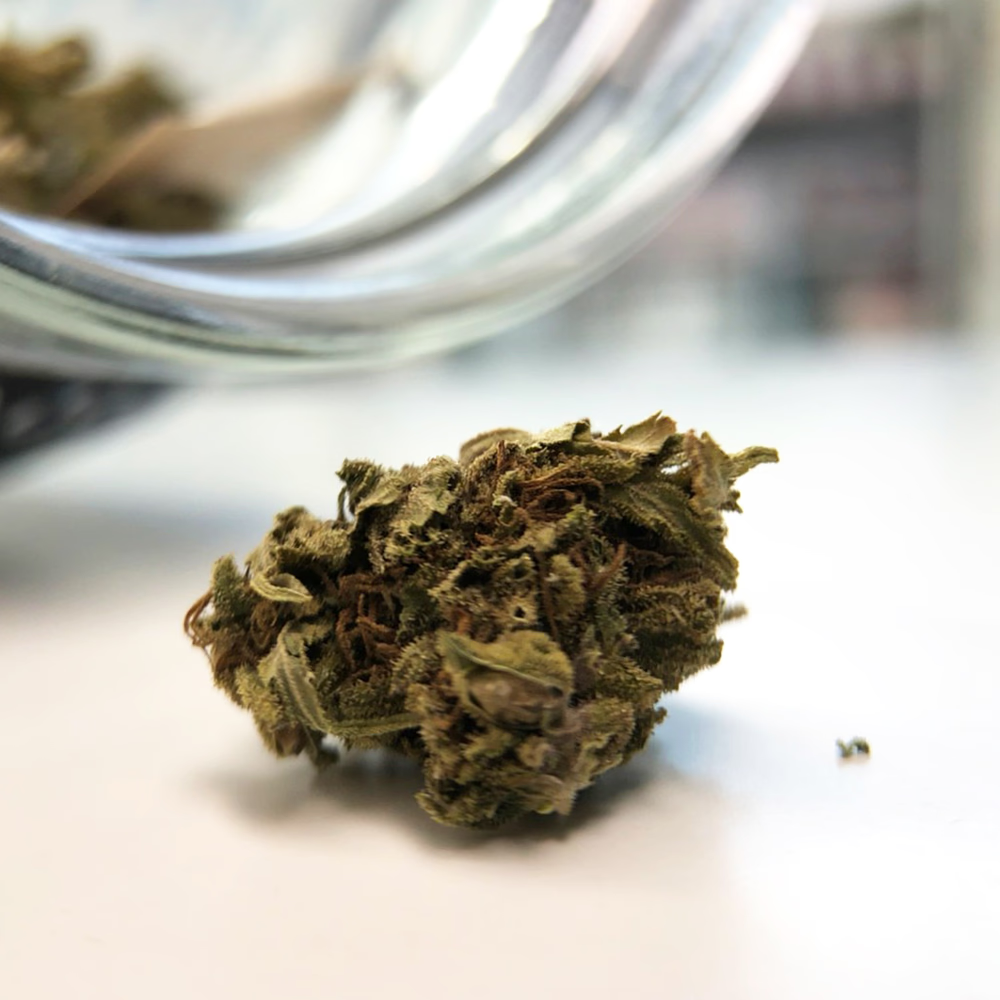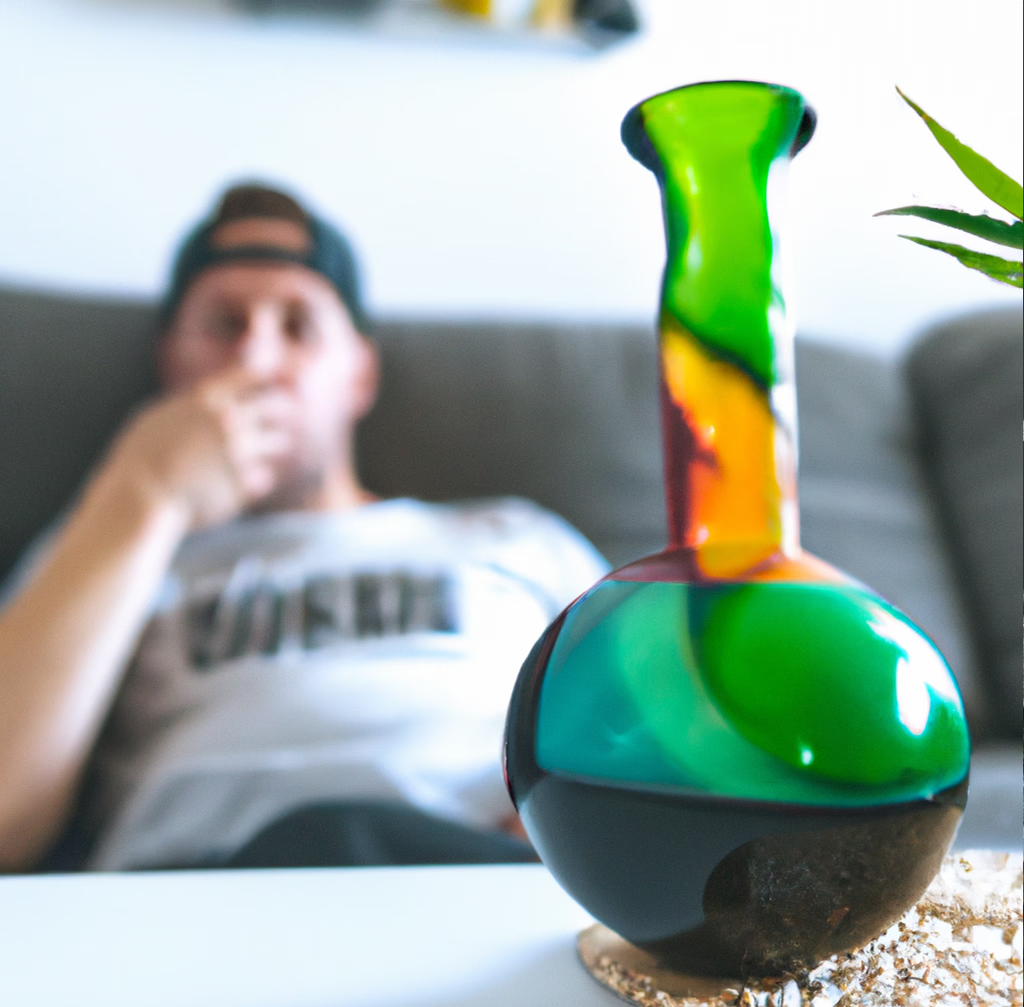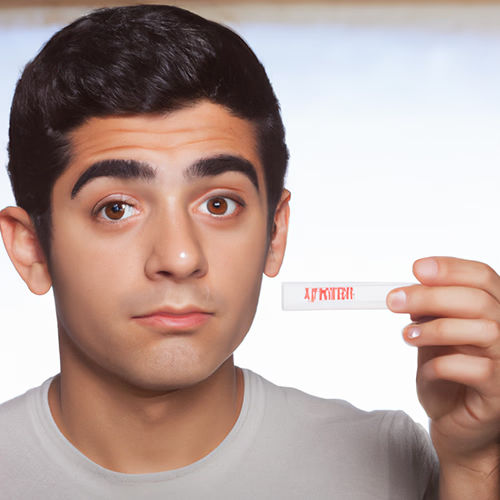The Dangers of the Synthetic Spice Drug: What You Need to Know
Spice is an epidemic of the modern age. It is a significant problem in many countries and a significant concern for public health officials. Every year, more than 3,000 deaths are related to spice use worldwide. This number is likely to increase as the popularity of Spice grows.
Spice is a plant that contains psychoactive chemicals that can produce hallucinations and other intense experiences. The most common Spice is dried and smoked but can also be eaten or brewed as tea. Spice use has been linked to severe health problems, including psychosis, kidney failure, and death.
There are many different brands of Spice, each with its unique blend of psychoactive chemicals. The effects of these chemicals can vary significantly from one person to the next, making it difficult to predict how someone will react to using Spice. The most common side effects include anxiety, paranoia, delusions, hallucinations, and vomiting. However, more severe side effects such as seizures, kidney failure, and heart attacks have also been reported.
Spice use has been rising recently due to its easy availability and relatively low cost. It has become popular among young people looking for a cheap way to get high. Unfortunately, the dangers of using synthetic Spice drugs far outweigh the benefits. If you or someone you know is using herbs, it's essential to get help immediately before it's too late.
Spice Origin
The term "Spice" refers to a group of synthetic drugs that mimic the effects of marijuana. These drugs are often marketed as "herbal incense" or "potpourri" and are sold in small foil packets. Spice is usually smoked but can also be ingested orally or dissolved in a solvent and inhaled through the nose.
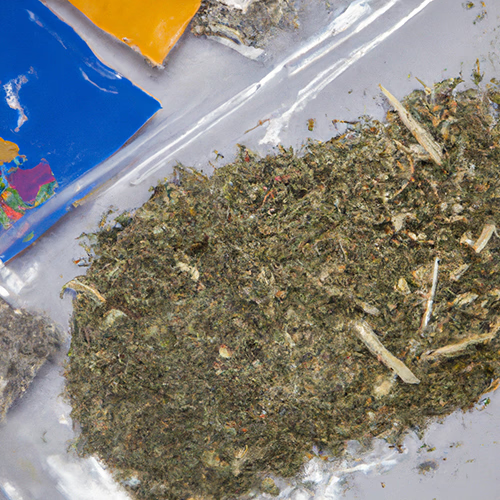
The active ingredient in Spice is a synthetic cannabinoid called JWH-018. John W. Huffman, a chemist at Clemson University, 1995 first synthesized this compound. JWH-018 is just one of many synthetic cannabinoids created recently; others include JWH-073, HU-210, and XLR-11. These compounds are all incredibly similar to THC, the main psychoactive component of marijuana. They are so identical that they bind to the same brain receptors as THC.
The effects of smoking Spice are very similar to those of smoking marijuana. Users report feelings of relaxation and euphoria, increased appetite, and impaired motor skills. However, there are some essential differences between the two drugs. For one thing, Spice is hundreds of times more potent than marijuana; just a few puffs can produce strong effects that last for several hours. In addition, users have reported experiencing intense anxiety and paranoia after smoking Spice; these effects are much less familiar with marijuana use.
So, where does this drug come from? The vast majority of Spice is produced in Asia. It is then shipped to Europe or North America for distribution.
Why it's so dangerous?
The dangers of Spices are many and varied. The most severe risks come from the fact that it is a powerful psychoactive drug. It can cause hallucinations, delusions, and psychotic symptoms. It can also cause anxiety, paranoia, and even suicidal thoughts. In some cases, it has been linked to death.
Spice is often sold as "herbal incense" or "potpourri." It is also sometimes called "synthetic marijuana," "fake weed," or "legal weed." But whatever you call it, Spice is not safe.
The active ingredients in Spices are synthetic cannabinoids. These chemicals mimic the effects of THC, the primary psychoactive ingredient in marijuana. But unlike THC, these synthetic cannabinoids are much more potent and can have dangerous side effects.
Synthetic cannabinoids were first developed for scientific research purposes. But they quickly entered the illicit drug market because they could produce powerful psychoactive effects.
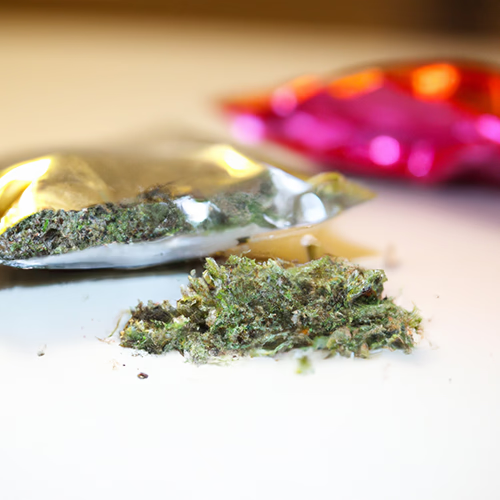
Spice products usually contain a mix of different synthetic cannabinoids. This makes it hard to know exactly what you're getting using them. And because the effects of these drugs can be so unpredictable, they're particularly dangerous.
There have been reports of people ending up in hospital after using Spice products containing high levels of synthetic cannabinoids. Some of these people have required intensive care and life support due to the severity of their symptoms. In rare cases, people have died after using these products.
Synthetic cannabinoid overdoses can cause vomiting, seizures, high blood pressure, fast heart rate (tachycardia), and agitation/anxiety attacks. You Should Avoid This Drug
